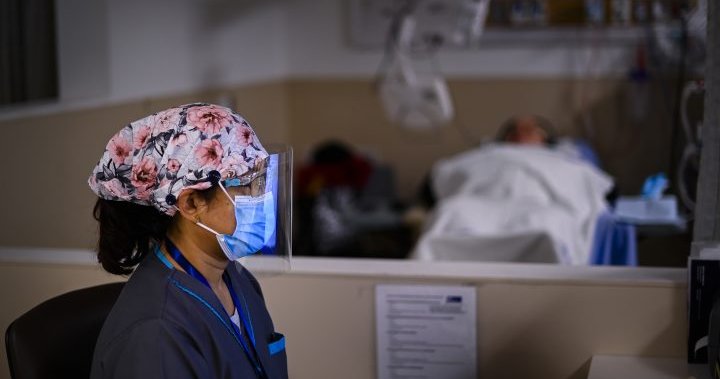
Race-based data can help address health inequities in Canada: experts
Global News
Many racialized communities, which have higher rates of some chronic diseases, have called for race-based data to gain insights into contributing factors such as poverty.
All Canadian jurisdictions should routinely collect data on racial and Indigenous identity to help address inequities in health care, and the best way to do that is during the health card application or renewal process, a group of experts says.
Dr. Andrew Pinto, the lead author of the commentary published Monday in the Canadian Medical Association Journal, said Black and Indigenous patients have less access to care and worse outcomes but allowing them to voluntarily provide identity data could help track racism in the health-care system. He said it would also help monitor any progress toward addressing stereotypes that lead to poorer care for some people.
“It creates a foundation to say, ‘We need to narrow these gaps and develop tailored programs and services,’ ” said Pinto, founder of the non-profit Upstream Lab based at the MAP Centre for Urban Health Solutions at St. Michael’s Hospital in Toronto.
“In Canada, we just lack that data in many, many ways.”
Many racialized communities, which have higher rates of some chronic diseases, including diabetes, heart disease and certain types of cancer, have called for race-based data to gain insights into contributing factors such as poverty.
Last fall, Nova Scotia became the first province to start collecting race-based data with input from groups including the Health Association of African Canadians, the United African Canadian Women’s Association and the Iranian Cultural Society of Nova Scotia. Residents can provide the information when they register for aprovincial health card or when they renew it every four years. Nova Scotia’s Department of Health and Wellness said residents can also provide the data any time as part of the province’s Fair Care Project.
Pinto said collecting that data in a universal way instead of repeatedly asking for it when patients access health care would be part of a standardized and consistent approach.
It may also be inappropriate to ask for that information when a patient is in pain in an emergency room, the commentary notes, adding organizations that collect such data often request it from a small fraction of patients.













